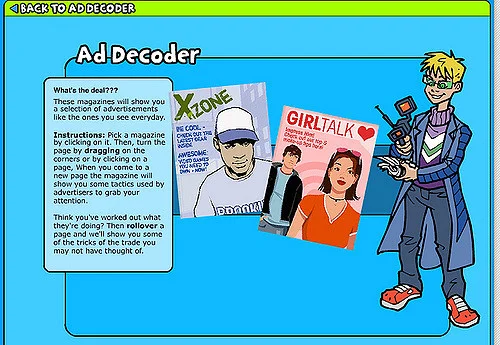Are You a Digital Native or Immigrant?
/Digital Natives, Digital Immigrants
Marc Prensky, 2001
By now you may have heard of the concept of digital natives vs digital immigrants. The link above takes you to the article that coined that concept.
In 2001, Marc Prensky published a paper that got the world debating the supposition that people born after 1982 could be considered digital natives for having been immersed in and raised with technology. Everyone born BEFORE 1982 should be considered digital immigrants since they where introduced to technology later in life and no matter how comfortable they may become with technology, they would always have an “accent.”
Prensky says the impact of digital native vs immigrant concept is huge in education. Here is a quote from the linked article:
“But this is not just a joke. It’s very serious, because the single biggest problem facing education today is that our Digital Immigrant instructors, who speak an outdated language (that of the pre-digital age), are struggling to teach a population that speaks an entirely new language.
This is obvious to the Digital Natives – school often feels pretty much as if we’ve brought in a population of heavily accented, unintelligible foreigners to lecture them. They often can’t understand what the Immigrants are saying. What does “dial” a number mean, anyway?”
Prensky has revisited this idea twice since he published this article. We’ll publish links to the other articles in the next post. For now, read the article and tell us what you think.
- Are you a digital immigrant who teaches digital natives?
- Are you a digital native who must work with digital immigrants?
- Or do you think this native/immigrant idea is poppycock?





















